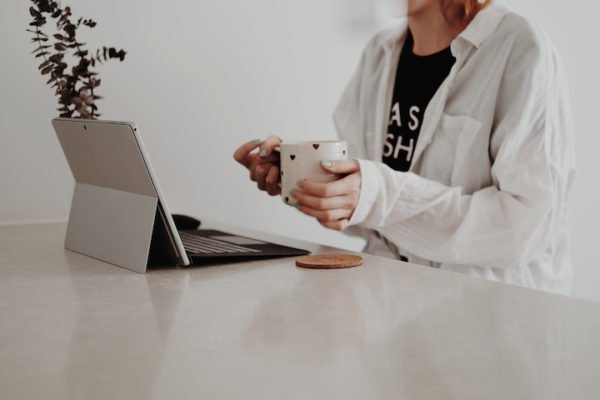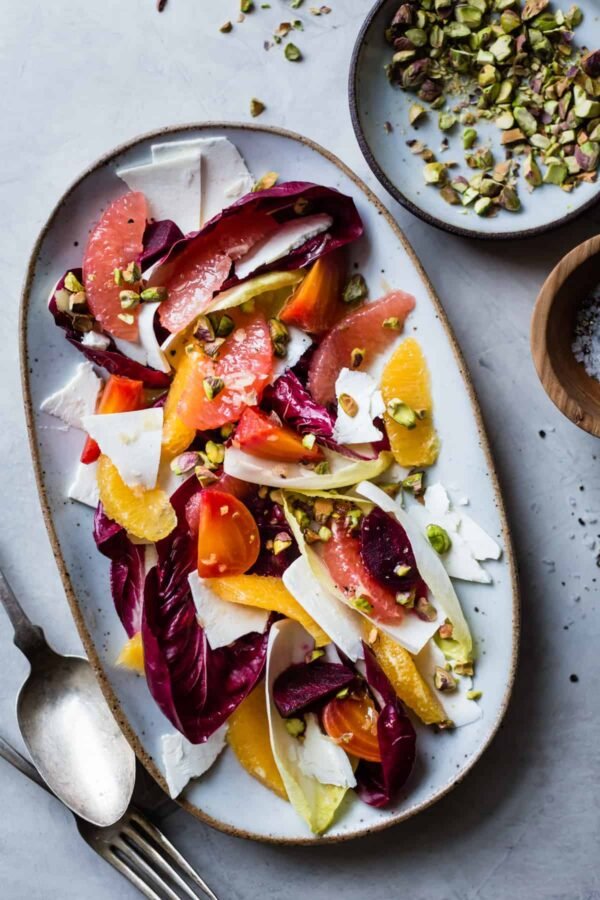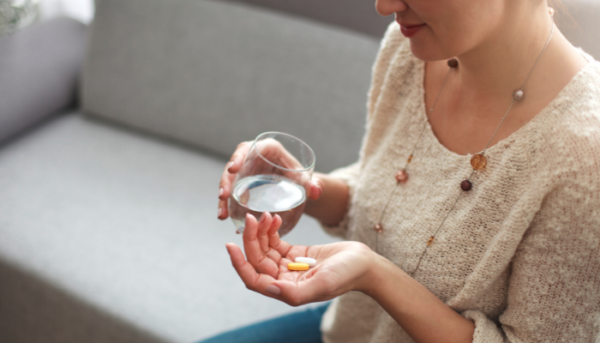
Don’t Commit these Errors, and Enjoy a Great Cup of Coffee

Brewing a cup of joe seems like a simple enough task, right? But why is it that making it at home isn’t the same as going into your favourite local coffee shop? And think about it… it’s actually amazingly hard to find a cup that tastes like that perfect cup of coffee. It’s either so bitter that you need to add heaps upon heaps of sugar to make it palatable, burnt to the point of being completely undrinkable, or just down right weak.
There’s not much you can do to fix the coffee problem on the street but if you want to make a good cup of coffee from home, the most important thing is to ensure your coffee beans are fresh by checking the date that they were roasted. This makes all the difference in achieving that delicious coffee shop taste.

Mastering the art of coffee making is less about the fancy gadgets available and more about your technique. A gorgeous morning coffee can be yours everyday if you avoid the most common mistakes. The head roaster at Coffee Direct Phil Smith has shared the 7 mistakes which catch everyone out, after reading this, you will never make them again!
1) Pouring into a cold cup
If you pour your coffee into a cold container, the contents won’t maintain a hot temperature for long. By pre-warming your cup, your coffee will stay hot for much longer. A great way to do this is to pour some water into your cup before it reaches the full boil. Leave it in there until the coffee has brewed and empty it out before filling it up with fresh coffee. This will set your cup to the perfect temperature so you can enjoy your fresh coffee for longer. The same applies to the equipment, in most cases this will be automatic but cafetieres need to be warmed before putting coffee in.
2) Using old beans
For the best taste, use beans that have been roasted within the last three weeks. Ensure you check the roast date which is normally found on a label or stamp on the packet. Stale beans will lose their natural essence you’ll find with fresh beans resulting in a much blander coffee and will look dull, especially the darker roasts. If you don’t know the roast date, simply grind a small sample so you can analyse the state by the smell.
3) Using water that isn’t fresh
When brewing coffee, you should always consider the quality of the water you use since it plays a big part. Tap water contains minerals and chemicals that can make your coffee taste bitter. Both hard and soft water can change the taste and aroma of your coffee. For a smooth taste always use purified or filtered water.
4) Clean your coffee making equipment frequently
Making coffee does involve using different equipment and tools. It is very important to clean these regularly to ensure your coffee is fresh. This seems like a simple task, but many people think it is harmless to clean the equipment right before they use it again, but it’s important to clean the equipment as soon as you use it to remove the grease and oils that are present in the coffee, these can leave a bitter taste if they aren’t removed. Hard water can lead to a build-up of limescale which can also shorten the life of your brewing equipment. Another reason to use filtered water!
5) The water to coffee ratio
The coffee to water ratio is very important to understand in order to achieve the perfect cup, it also determines your strength. The general ‘golden’ rule here is 2 tablespoons of coffee for every 6 ounces of water. This can be adjusted to suit individual taste preferences. Check the instructions that come with your brewing equipment to see how they measure and remember some water can be lost to evaporation in certain methods.
6) Not using enough coffee
If you’re guessing measures, chances are that you’re under-estimating. Most people use a lower amount of coffee per cup than is required, this can be for many reasons such as trying to stretch out resources. Being stingy with your supplies can result in a bitter and watery cup, if you are aiming for a weaker cup, add in more hot water as opposed to brewing with less beans. Everyone has different preferences of intensity so try different roasts in order to find a flavour which works for you.
7) Masking the bitter taste
Some people prefer to have their coffee with milk and sugar to avoid the ‘bitter’ taste, in fact this is only present if the coffee is brewed incorrectly! Many people mean the coffee is too strong for their liking when they declare it bitter. Try a freshly ground or perfectly brewed coffee without any extras (and calories) and you might not feel the urge to add in milk or sugar. You will surprise yourself in realising the bitter taste you try to mask isn’t there anymore!












































